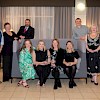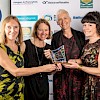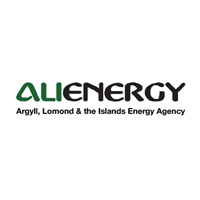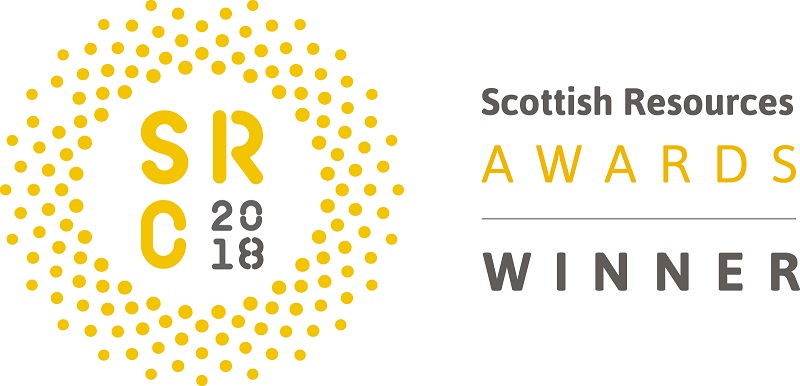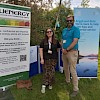
Algal Solutions for Local Energy Economy (ASLEE)
The Atlantic coast of Scotland has some of the best renewable energy generation potential in Europe, but developments are being compromised by grid constraints. This is hindering economic development in some of our most vulnerable communities. New uses for electricity in areas that are currently grid constrained would enable an increase in both renewable energy use and industry – creating community resilience, income generation and employment.
ASLEE is an ambitious and innovative partnership project aiming to boost the economy in rural Scotland by using renewable power to produce high value microalgae. Algae production has an immediate niche in Scotland’s aquaculture industries – for hatchery use and addition to fish feeds – but can also be used for a wide range of products such as nutraceuticals, toxin standards, pigments, and biofuels. Access to low cost renewable electricity would give Scottish production of microalgae a sustainable competitive advantage, while domestic production would give Scottish aquaculture improved quality assurance of feed ingredients and security of supply. Algae biomanufacturing could also benefit the local circular economy by using local waste streams as feedstocks: carbon dioxide from fermentation or combustion effluents; nutrient rich wastes from whisky distilleries and agricultural processes.
This ground-breaking £2 million, 2-year R&D project will build experimental and industrial scale pilot units whilst investigating a number of further sites in the north and west of Scotland for potential future scale up. The project will determine the economic and technical feasibility of using renewable energy and transactive load management to reduce the costs of algal biomanufacturing and enable grid balancing, and will investigate the wider economic and social impact that implementation of this technology could have in rural Scotland and beyond.
The effects of intermittency of electrical supply on algae production will be a key research objective and will allow the development of operational protocols that optimise the economic benefits of the integration of renewable generation and grid balancing / demand side balancing reserve services with algal production. This is the first study of its kind in the world, giving Scotland a valuable technical lead in this field. The project will deliver 40,000l of internally-lit photobioreactor capacity, making it the largest facility of its type in the UK and provide a valuable facility for investigating the potential of novel algal products at industrial scales.
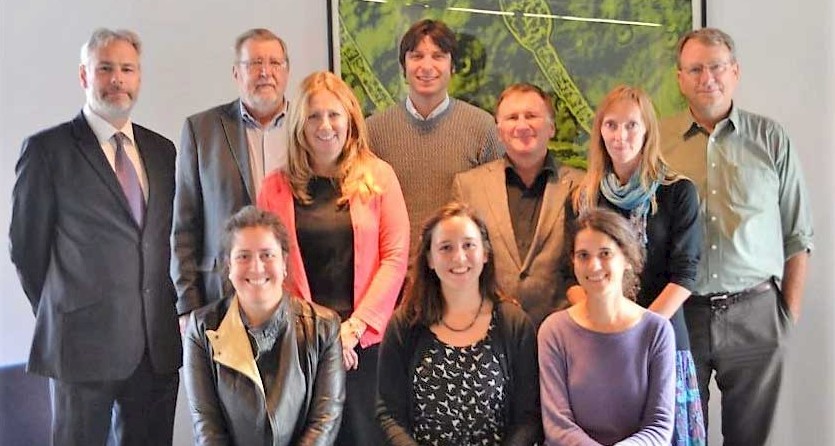 Visit aslee.scot for news and information on the project.
Visit aslee.scot for news and information on the project.

